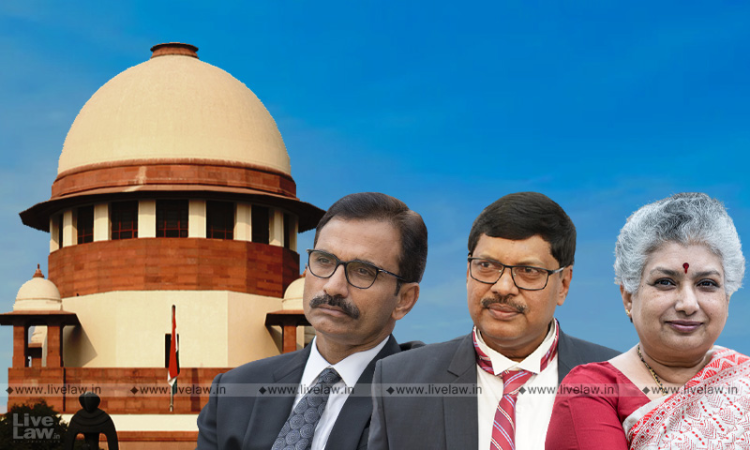Law Made By A Legislature Is Valid Till It Is Declared Unconstitutional By A Court Of Law: Supreme Court
LIVELAW NEWS NETWORK
5 Feb 2022 11:38 AM IST

Next Story
5 Feb 2022 11:38 AM IST
The Supreme Court observed that a law passed by the legislature is good law till it is declared as unconstitutional by a competent Court or till it is repealed.The very declaration by a Court that a statute is unconstitutional obliterates the statute entirely as though it had never been passed, the bench comprising Justices L. Nageswara Rao, BR Gavai and BV Nagarathna observed.The court...
